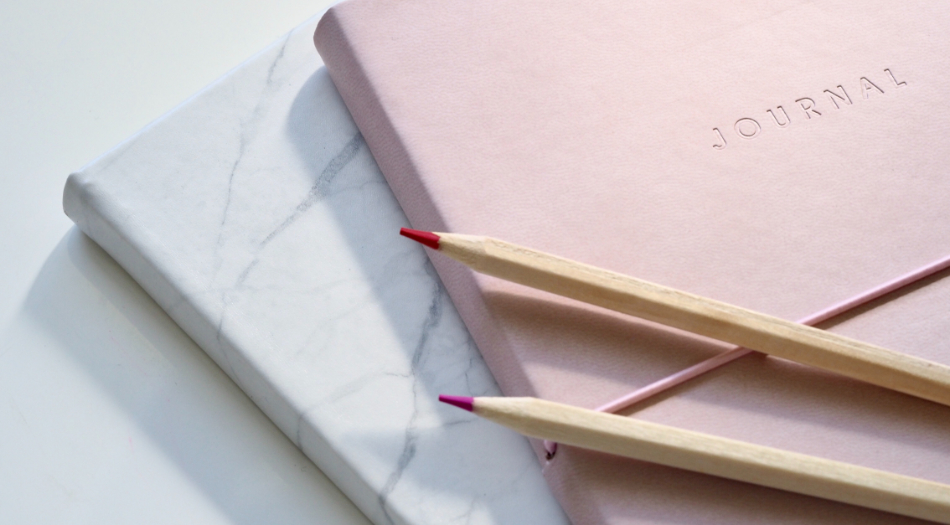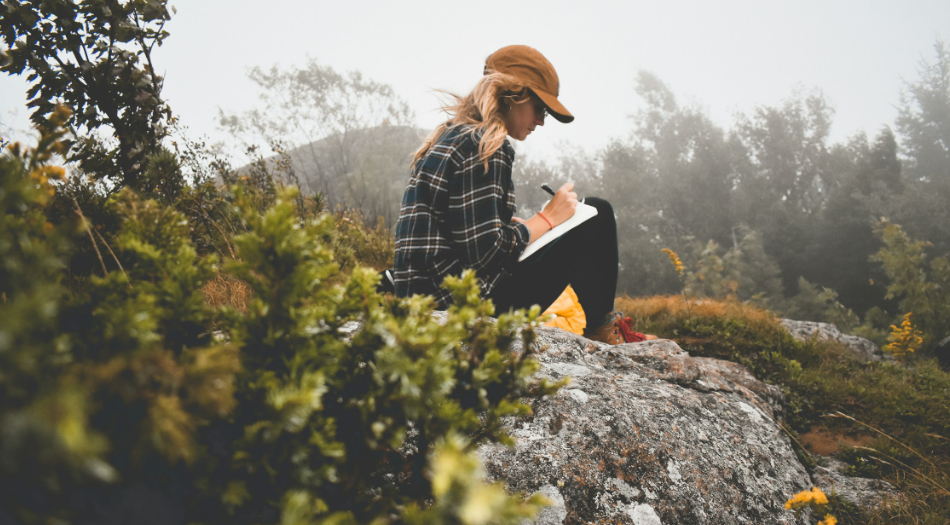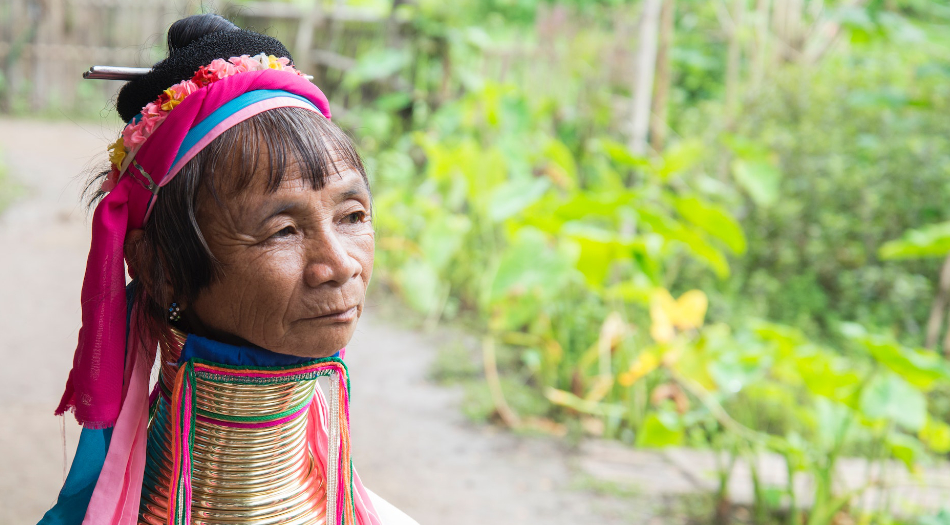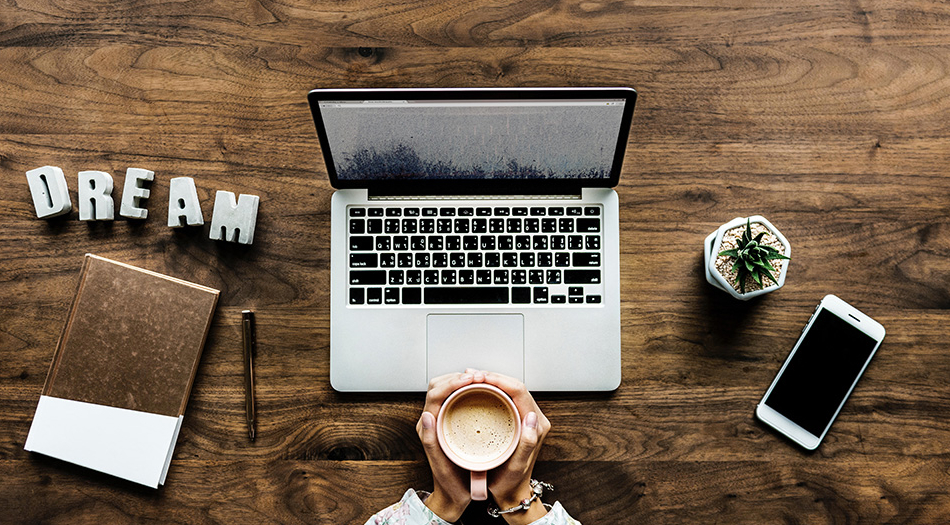
8 Tips for traveling with fibromyalgia or other chronic pain or fatigue disorder
1. Planning ahead (saves you stress)
Most people who hear about how I plan my trips and holidays, probably think I’m a bit neurotic, because I like to plan a lot of things. But for me, it’s important not to run into unpleasant surprises. Like having to walk 4 hours, or the uncertainty of not knowing how I’m going to get from the airport to the hotel. Yes, it takes a bit more work to plan everything in advance, but it saves me from a lot of stress (and therefor extra pain) while I’m on my holiday. And rest assure, it still leaves lots of room for spontaneous things to do.
2. Build in rest periodes
For me, and I can imagine for most people with a chronic pain of fatigue disorder, getting enough rest is a big deal. It’s so important, otherwise you’ll be jaded after a couple of days. Building in rest periodes is needed, so you will be able to do things like taking that great tour you always wanted to do. Yes, you will get more pain and be more tired afterwards, but if you didn’t have enough sleep to begin with, you’ll never be able to keep up. And it would be a shame if you would need the rest of your vacation to recuperate and can’t enjoy yourself.
So make sure you have enough sleep and down time. Give your body the chance to recharge. If you benefit from a bed with a hard mattress, see if you can find out on TripAdvisor if anybody wrote something about the beds in the hotel. Most people hate hard beds, but we love them. So that gives us a better chance of a good night’s sleep. And if it benefits you, bring your own travel pillow.
3. Relax
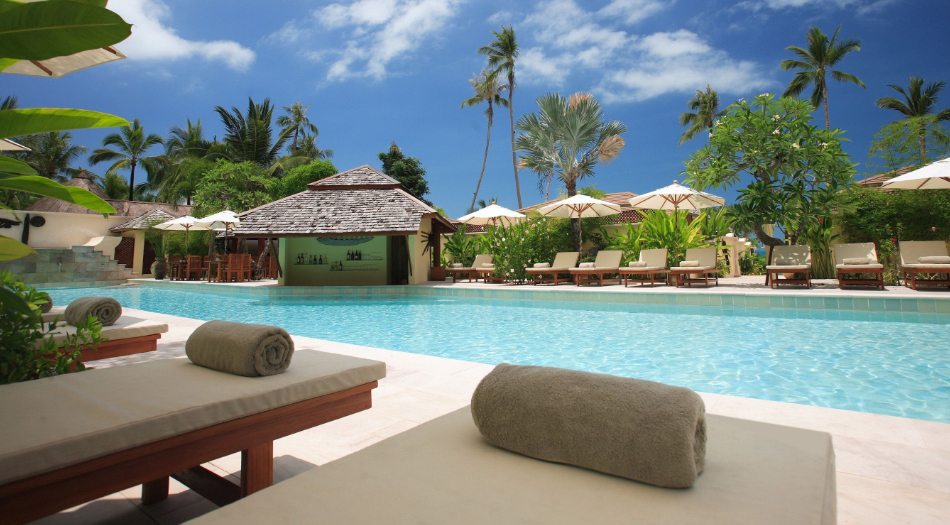
Traveling should be fun and give you joy. So stressing is not really a feeling you would want on your vacation. Also stress can trigger your body most of the time. At least, it does for me. So like I said before, plan ahead. But also try to not worry that much. If you run into a problem in your hotel, just talk to the people at the front desk of your hotel. In most cases, they will be happy to help you.
If you know you always get stressed about being on time for your flight, just talk to the front desk. Ask them at what time you need to leave and let them arrange a taxi for you. That way, you don’t have to stress about it anymore and you can enjoy your last day there.
4. Don’t overpack
Travel light, it will save you from having to carry a heavy suitcase. My advise is to pack clothes which you can mix and match. A fault I made a lot of times was bringing too much stuff on my holidays. Mainly clothes, which I didn’t wear. You may think ‘but what if those shorts get dirty or they rip, I need an extra pair. And I would like to wear something different every night we go out for diner.’ But when it comes down to it, there are always clothes which become your favourite clothes. So my advise is: pack light and only bring clothes you really are going to wear. And also remember, in a lot of Asian countries, clothing is really cheap, so you can always buy nice new clothes there!
5. Opt for a trolley suitcase with 4 wheels
You’ll thank me later.
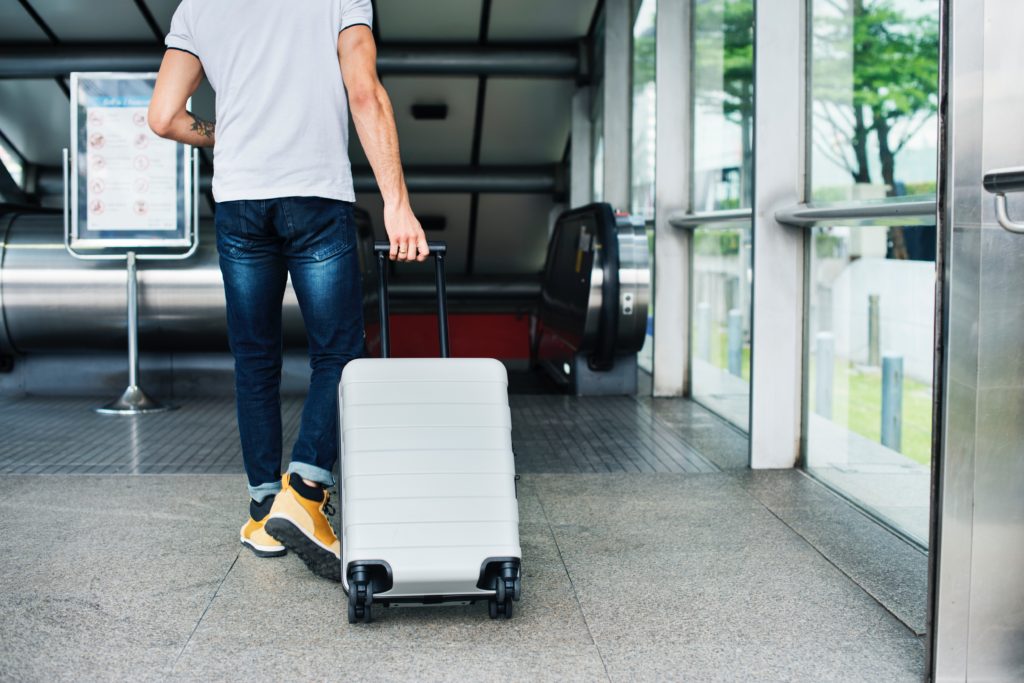
6. Packing list
A good packing list is important. Being someone who has fibromyalgia, there are a few items I can’t live without. In an upcoming post I will also share some more items I’ve put on my packing list, which are not related to having fibromyalgia. Just general items which I find very useful and can’t live without while I’m traveling.
Besides good walking shoes, there a two things really important: ear plugs and everything related to medicine.
I have to have my ear plugs. Because of pain, I don’t fall asleep that easily. But if you’re in a hotel with loud noises coming from the streets or your neighbours in the hotel room next door, you really want those ear plugs to turn off those sounds.
Another obvious item of course is my medicine. And I always have to bring a so called ‘medicine passport’, which is a statement from your pharmacy (make sure it’s in English!) which states all the medicines you use. And if you take opiates (like codeine), you have to get a medical statement from your doctor. With explanation about your disease, why you take to medicine. This statement takes a little more time to acquire, so don’t wait till the last minute.
7. Stay warm
It can get really cold on a plane. So I always have a scarf with me (also very useful in countries where you visit mosques) and a nice warm cosy vest. A lightweight (foldable) jacket is also very useful. It doesn’t take up much room in your luggage when you don’t need it, but could come in handy on cold nights or flights.
8. Get an isle seat
I always book an isle seat on the longer flights, so I can easily get up whenever I want. It will avoid getting stiff and ensures a good blood circulation if you move around at least once every hour. Also, you can go to the toilet whenever you want without bothering anybody 😉
On Seat Guru you can check out the seats of almost every type of airplane, so use this to decide which are the best seats to chose.

